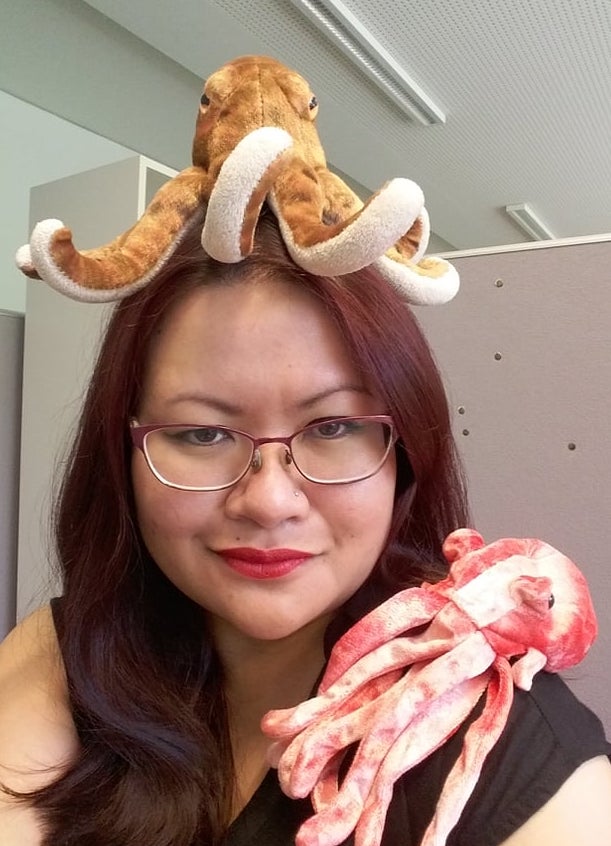Sidney Carls-Diamante
PhD in Philosophy

I have been a postdoctoral fellow at the Zukunftskolleg-Universität Konstanz since July 2020. My project introduces a philosophical dimension to research on bipolar disorder (BD), a severe and common psychiatric illness. It addresses the pressing need for humanistic research in psychiatry, wherein the existential concerns arising from mental illness are examined from the perspective of the patient’s life experiences. The project explores the existential issues pertaining to the complex relationship between BD and personhood, and offers new perspectives on addressing these challenges. It explores questions such as the extent to which BD is part of the personality, the role of BD in structuring self-concepts, and the relationship between BD and creativity. These philosophical issues have extensive implications for the structure of treatment programs, improving the accuracy of personal and clinical recognition of symptoms and diagnostic practices, insurance coverage policies and government health care subsidies, and development of medications that effectively address the symptoms of BD without unpleasant side effects.
A philosopher by training, I specialize in investigating underexplored topics in cognitive science that challenge standard conceptions and received views about the mind. My research integrates scientific and medical findings with philosophical insights to generate novel perspectives on the structure and function of the mind. Among my past research projects is a series of papers on cognition and consciousness in octopuses, which was the subject of my doctoral thesis. In 2019, I was awarded the Werner Callebaut Prize for interdisciplinary research by the International Society for the History, Philosophy and Social Studies of Biology (ISHPSSB).
I received my PhD in Philosophy from the University of Auckland in 2018. Immediately before coming to the University of Konstanz, I was a postdoctoral fellow at the Konrad Lorenz Institute for Evolution and Cognition Research from 2018-2020.
